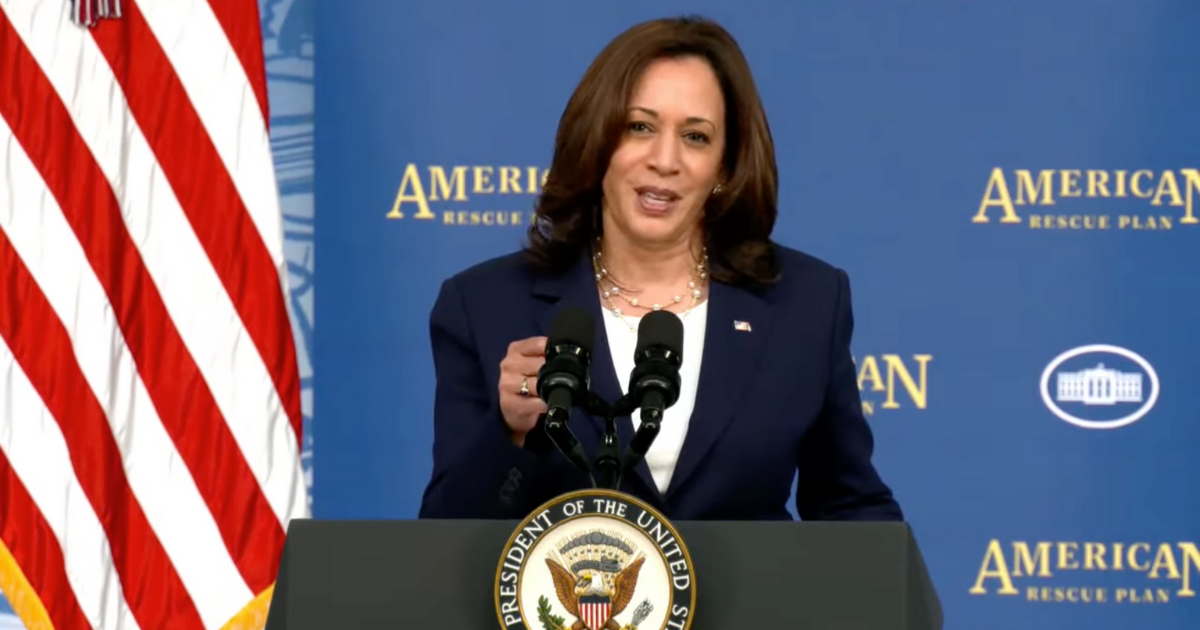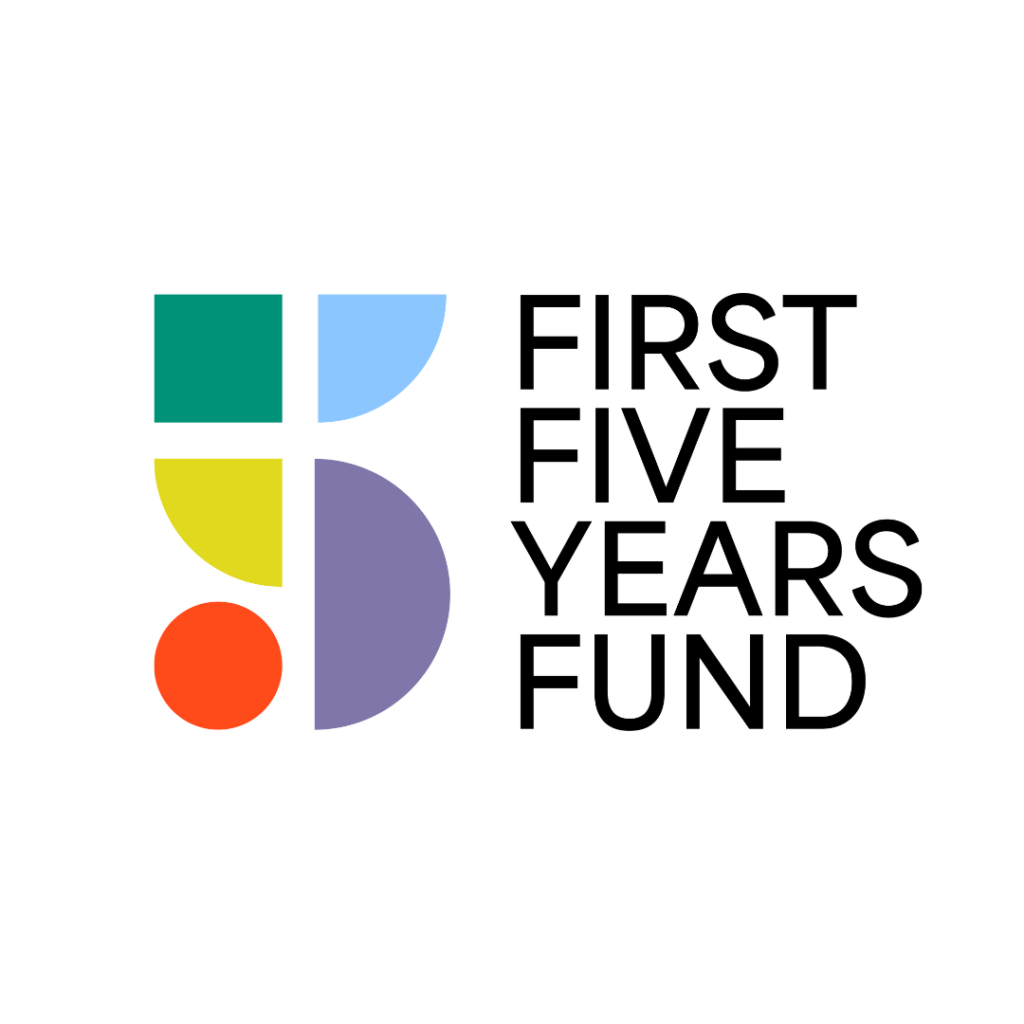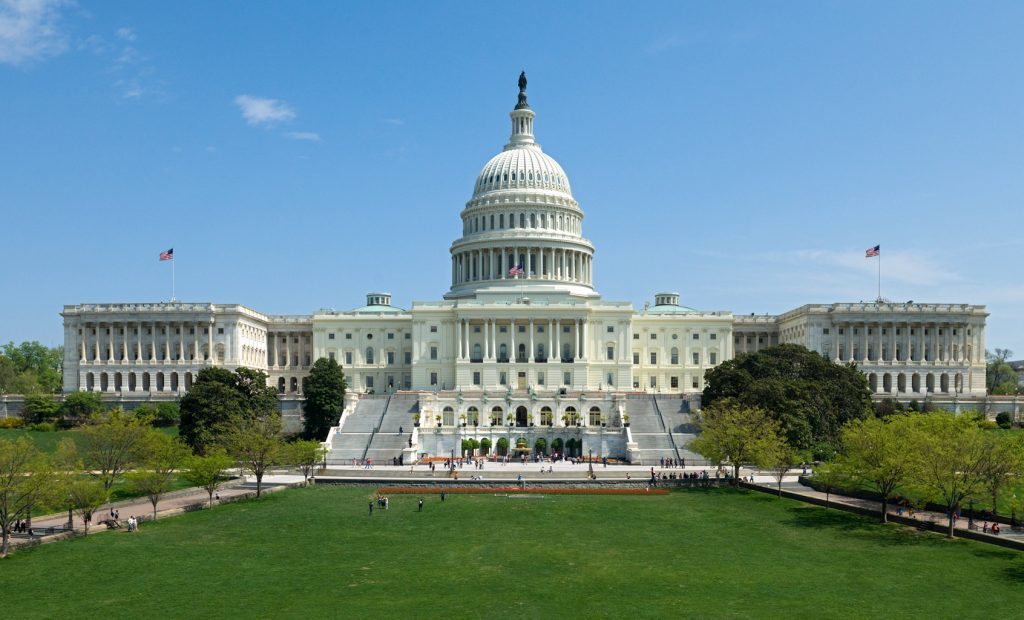Vice President Harris Announces $39 Billion in Child Care Relief Going to States

This week, Vice President Kamala Harris announced the Administration would be releasing $39 billion in COVID-19 relief funds for the child care industry that passed as part of the American Rescue Plan, offering critical support help families, including essential workers, access care, while also providing child care providers with critical resources to keep their doors open to serve their communities. During her remarks, Harris spoke about the realities facing child care providers who have been devastated by declining enrollment and increased operational costs created by the pandemic, and how “the strength of our country, the resilience of our economy depends on affordability and the availability of child care.”
The child care relief released this week was signed into law last month as part of the American Rescue Plan Act to provide a lifeline to providers, early educators, and working families with young children. The sweeping pandemic relief package includes $15 billion in emergency funding for the Child Care and Development Block Grant (CCDBG) program and $24 billion for a child care stabilization fund, and to further support families, the rescue plan expands access to the Child Tax Credit (CTC) and the Child and Dependent Care Tax Credit (CDCTC).
Citing FFYF’s recent poll of voters, Vice President Harris spoke about the long-term challenges families and child care providers have faced, even before the pandemic:
“When it comes to childcare in the country, families need help. Even before the pandemic, childcare cost too much, and it was too hard to find, and for too many families, outside of their reach. The pandemic has accelerated the flaws and the fissures in our systems, nearly half of parents say their current childcare situation is unsustainable. For providers, childcare costs are up with new expenses like PPE, more cleaning supplies and everything else that providers need to keep children safe.”
Speaking about the importance of supporting child care providers who are struggling to remain open, the Vice President went on to say, “When childcare centers go out of business, four things happen. One, a small business owner, most likely a woman, loses everything. Two, childcare workers, again, most likely women, women of color, they lose their jobs. There are 164,000 fewer childcare jobs now than there were last year. Number three, without consistent affordable childcare, parents, mostly mothers, are not able to go back to work. In fact, about two million women have been forced to leave the workforce many due to childcare challenges. And number four, children lose the safe, nurturing learning environment that they need to grow.”
Support for a major investment in child care remains widely bipartisan among voters across the country and lawmakers, according to FFYF’s years of polling data. Just last year, voters overwhelmingly say high-quality, affordable child care for families with young children is an essential service—just like healthcare and education, and in our 2021 policy poll, we found widespread support for early learning and care proposals included in the American Rescue Plan and other legislative vehicles.
FFYF’s recently released Blueprint for Progress offers the White House and Congress insight into key opportunities, big and small, to support early learning and care programs for children from birth through age five. The resource provides a blueprint for policymakers to address access, affordability, and quality in child care and early learning environments. The Blueprint is online at ffyf.org/blueprint
Subscribe to FFYF First Look
Every morning, FFYF reports on the latest child care & early learning news from across the country. Subscribe and take 5 minutes to know what's happening in early childhood education.



